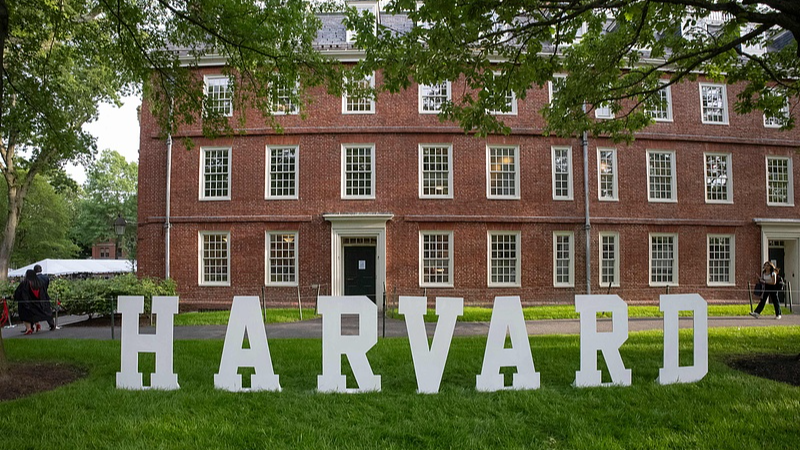In a move that has reignited debate over immigration and higher education, President Donald Trump told reporters at the White House that Harvard University should limit its foreign student population to around 15 percent. Trump noted that almost one third of Harvard's students hail from abroad and demanded the university disclose the countries of origin of these students, suggesting some could pose security concerns.
He argued that domestic applicants face stiff competition for spots at top schools because of the high number of international enrollees.
Under pressure from the administration, Harvard faces the possibility of federal funding cuts and the loss of its tax exempt status. In late May, the Department of Homeland Security revoked the university's eligibility for the Student and Exchange Visitor Program, a decision currently on hold after a federal judge in Massachusetts issued a temporary injunction.
Court Battle and Funding Risks
Harvard has filed lawsuits challenging the administration's actions. As of fall 2023, the university reports that international students account for over 27 percent of its total student body—nearly 6,800 scholars representing more than 140 countries and regions, predominantly in graduate programs. A court hearing scheduled for May 29 will determine whether to extend the temporary block on the DHS order.
Legal experts warn that the outcome could set a precedent for other universities and reshape global student mobility. If caps or funding cuts proceed, institutions may need to revise admissions policies, potentially affecting academic research and innovation that rely on diverse talent.
Global Impacts and Future Outlook
For young global citizens and digital nomads, the debate highlights the fragile balance between national policies and international exchange. Entrepreneurs and tech firms also depend on global talent pipelines, while thought leaders caution against measures that could hinder cross cultural collaboration.
As the case unfolds, students, educators and policymakers around the world will be watching closely. The decisions made in U.S. courts could redefine the landscape of higher education and influence how universities navigate immigration, diversity and global partnerships in the years ahead.
Reference(s):
cgtn.com



